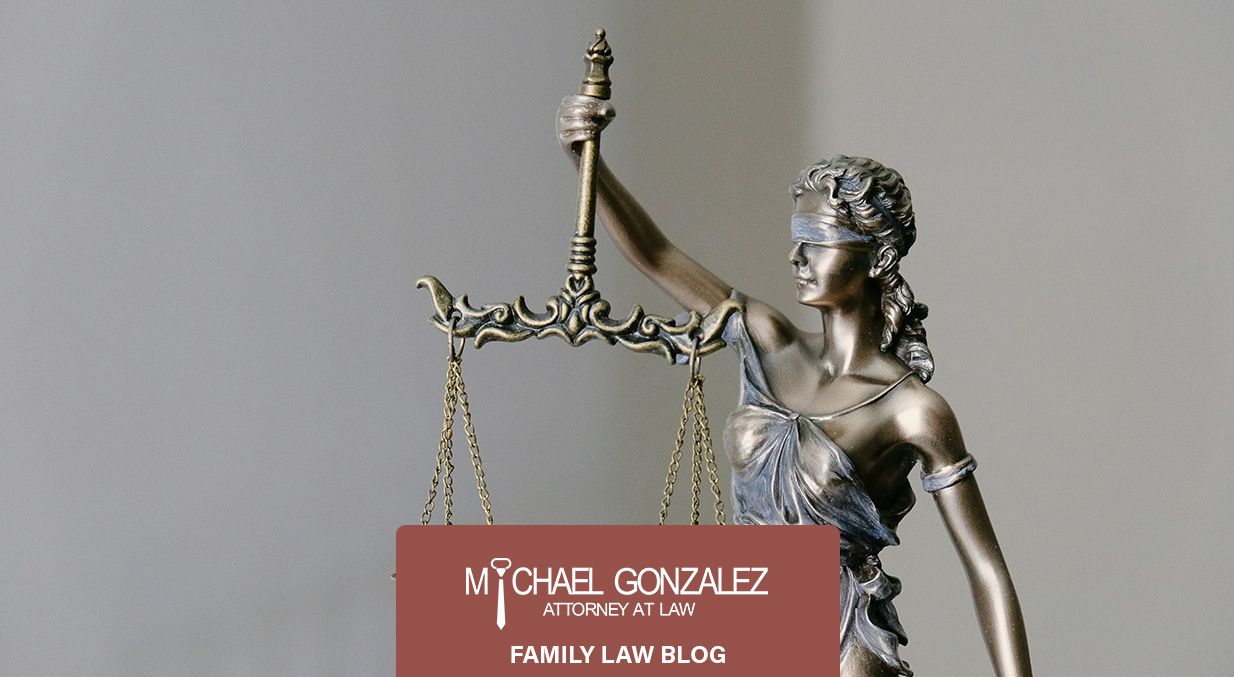The Uniform Child Custody Jurisdiction and Enforcement Act (UCCJEA) is a uniform state law that provides a framework for determining which state has jurisdiction over child custody matters, and how custody orders from one state should be recognized and enforced in other states. In this article, we will provide an overview of the UCCJEA and its provisions, and how it applies to child custody cases in Texas.
Purpose of the UCCJEA
The UCCJEA was adopted by the National Conference of Commissioners on Uniform State Laws in 1997, and has been adopted by all 50 states, including Texas. The purpose of the UCCJEA is to prevent conflicting custody orders from different states, and to provide a uniform process for enforcing custody orders across state lines. The UCCJEA is intended to protect the best interests of the child by ensuring that custody disputes are resolved in the state that has the most significant connection to the child and the parties.
Jurisdiction
Under the UCCJEA, a state has jurisdiction to make a child custody determination if it is the “home state” of the child, or if the child and the parties do not have a home state, if it is the state where the child and at least one parent have a significant connection.
The UCCJEA also provides for jurisdiction in emergency situations, such as if the child is removed from their home state in order to avoid abuse or neglect. In these cases, the state where the child is located can assume temporary jurisdiction until the child can be returned to their home state.
Enforcement
Once a child custody order has been issued by a court in one state, the UCCJEA requires other states to recognize and enforce the order, as long as the issuing state had jurisdiction to make the order. This means that if a parent takes a child to another state in violation of a custody order, the other parent can seek to have the order enforced in the new state.
The UCCJEA also provides for the enforcement of custody orders across international borders, through the Hague Convention on the Civil Aspects of International Child Abduction. This treaty requires member countries to return children who have been wrongfully removed from their home country in violation of a custody order.
Conclusion
The Uniform Child Custody Jurisdiction and Enforcement Act (UCCJEA) is a uniform state law that provides a framework for determining which state has jurisdiction over child custody matters, and how custody orders from one state should be recognized and enforced in other states. The UCCJEA is intended to protect the best interests of the child by ensuring that custody disputes are resolved in the state that has the most significant connection to the child and the parties.
In Texas, the UCCJEA applies to child custody cases, and the court must follow its provisions when determining jurisdiction and enforcing custody orders. It is important for parents to understand the UCCJEA and how it may affect their child custody case, and to seek the guidance of a qualified attorney who is familiar with the law. By working with an experienced attorney, parents can ensure that their rights and the best interests of their child are protected.

